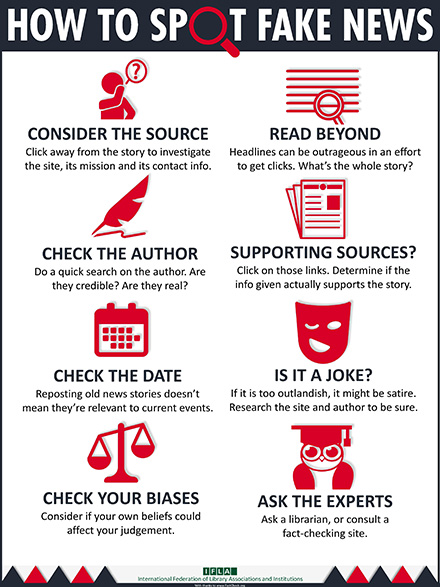"A nonpartisan, nonprofit 'consumer advocate' for voters that aims to reduce the level of deception and confusion in U.S. politics."
"When misinformation obscures the truth and readers don't know what to trust, Snopes' fact-checking and original, investigative reporting lights the way to evidence-based and contextualized analysis. We always link to and document our sources so readers are empowered to do independent research and make up their own minds."
The Washington Post Fact Checker
"This column first started on Sept. 19, 2007, as a feature during the 2008 presidential campaign. The Washington Post revived it as a permanent feature on Jan. 11, 2011. ...The purpose of this website ... is to 'truth squad' the statements of political figures regarding issues of great importance, be they national, international or local."
"Fact-checking journalism is the heart of PolitiFact. Our core principles are independence, transparency, fairness, thorough reporting and clear writing. The reason we publish is to give citizens the information they need to govern themselves in a democracy."

